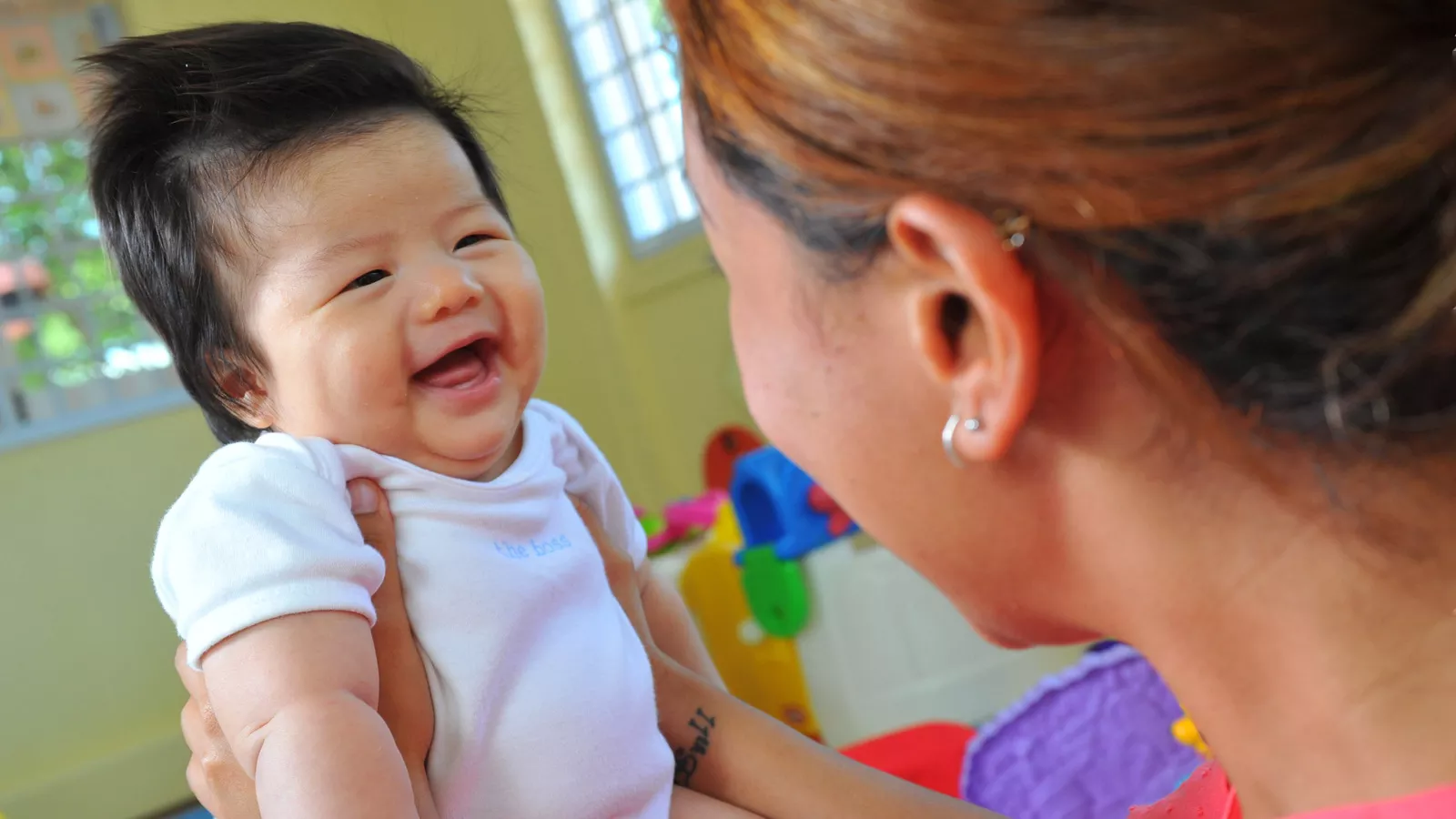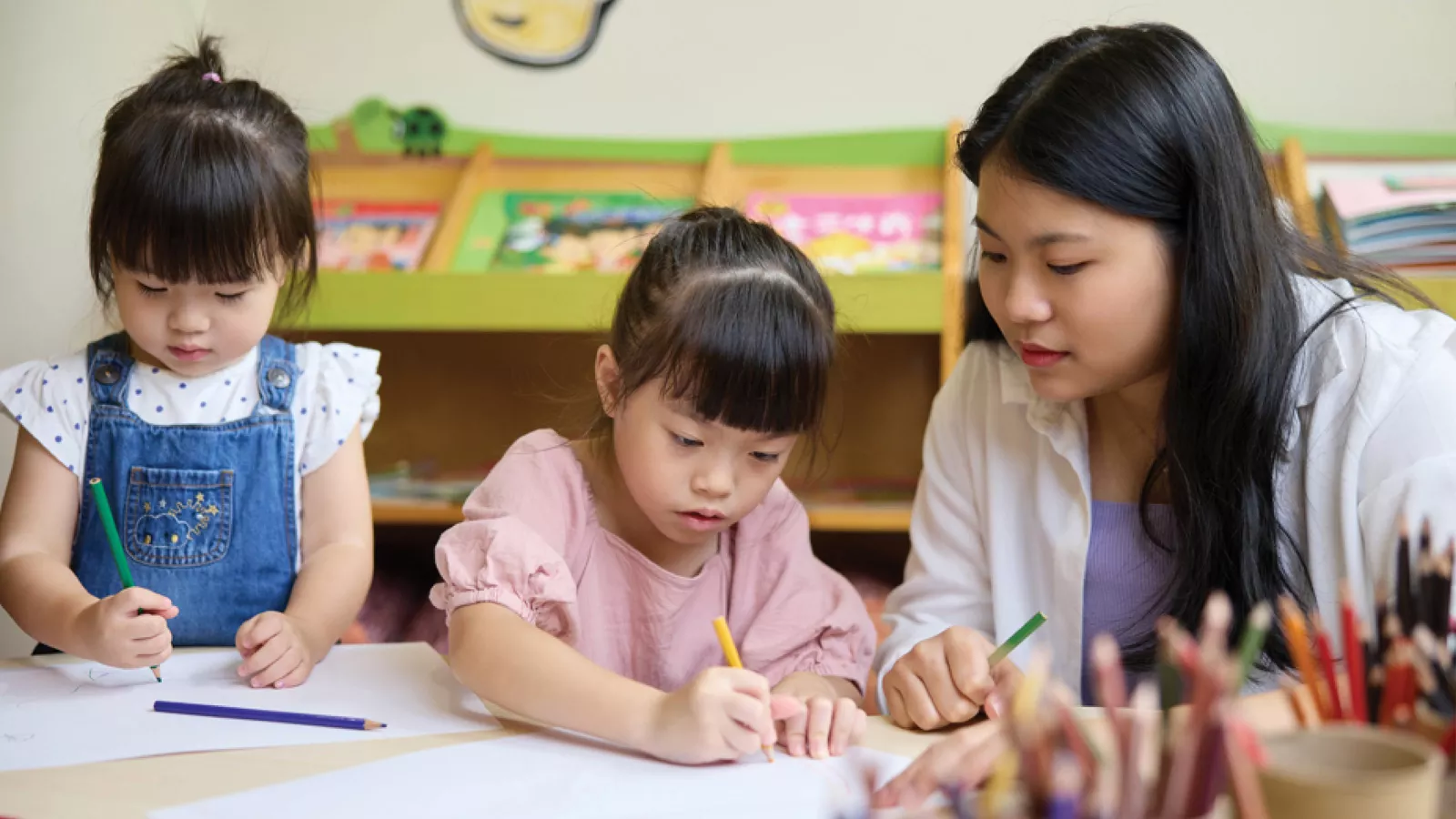ABOUT OUR EXPERT

Dr Law is Senior Consultant, Division of Developmental and Behavioural Paediatrics, Department of Paediatrics, Khoo Teck Puat – National University Children’s Medical Institute, National University Hospital (NUH); Assistant Professor, Department of Paediatrics, Yong Loo Lin School of Medicine, National University of Singapore (NUS); and Principal Investigator, Translational Neuroscience Programme, Institute for Human Development and Potential, Agency for Science, Technology and Research (A*STAR).
Smartphones and tablets are ubiquitous, making it impossible to avoid them. Parents often face the challenge of helping children keep pace with the digital world while protecting their eyesight, health and well-being.
When parents are busy, it is tempting to use digital devices as virtual babysitters. Dr Evelyn Law, a clinician-scientist specialising in developmental and behavioural paediatrics, warns this is a slippery slope.
“Intermittent, brief screen time is unlikely to be harmful. But usage often increases gradually over time,” says Dr Law. “Once a child starts using screens, it is hard to revert to no screens.”
 Screen use during meals is linked to unhealthy eating habits and poorer language and communication skills.
Screen use during meals is linked to unhealthy eating habits and poorer language and communication skills.
HOW SCREEN TIME AFFECTS DEVELOPMENT
Dr Law led a multi-institutional study to examine the impact of screen time on children’s brain activity and cognitive outcomes. Using data from the longitudinal birth cohort study, Growing Up in Singapore Towards healthy Outcomes (GUSTO), her team found that infants who were exposed to longer screen time had poorer executive functions — such as difficulty regulating emotions, sustaining attention and persisting in hard tasks — beyond eight years of age.
There are two possible reasons:
- Infants struggle to process information on two-dimensional screens. Their brains work harder to interpret sensory stimuli (e.g. fast movements, blinking lights). This leaves them with insufficient cognitive resources for executive function development.
- Screen time may indirectly affect neurodevelopment. It may displace quality parent-child interactions critical for supporting holistic development. This includes building thinking and language skills in the early years.
While Dr Law plans to investigate further, her findings align with other studies. A mounting body of evidence shows excessive screen use can lead to deficits in children’s cognitive and problem-solving skills and put infants at risk of language developmental delay.
She notes, “Unlike a parent or educator, screens cannot respond to a child’s questions or interpret non-verbal answers, such as a child looking at a correct object in the room.”













